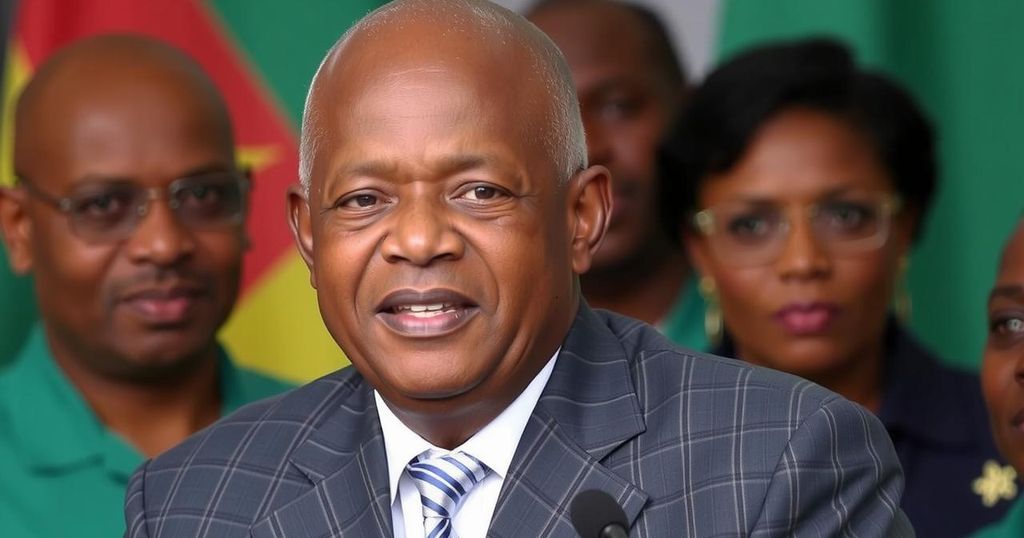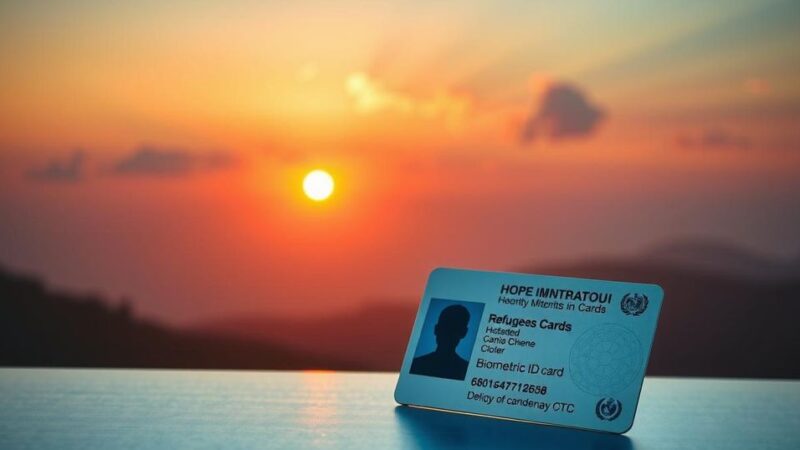Mozambique’s Supreme Court has upheld the results of a disputed presidential election, allowing Frelimo’s Daniel Chapo to take office amid allegations of fraud and widespread protests that killed over 100 people. Opposition leader Venâncio Mondlane intends to challenge the results further, while independent observers reported irregularities in the election process.
On Monday, Mozambique’s Supreme Court upheld the results of a controversial presidential election, declaring Daniel Chapo of the Frelimo party the winner. This ruling follows months of violent protests that resulted in the deaths of over 100 people and accusations of electoral misconduct. The decision enables Chapo to assume the presidency next month, despite ongoing objections from the leading opposition candidate, Venâncio Mondlane, who has labeled the elections fraudulent. Frelimo officials deny any wrongdoing, yet several independent observers have indicated they witnessed significant irregularities during the election process.
Mozambique, emerging from a history of colonial rule and civil conflict, has been under the control of the Frelimo party since its independence in 1975. As one of Africa’s poorest nations, it faces numerous challenges including economic instability, climate-related disasters, and ongoing violence from insurgent groups. The recent presidential election held in October 2023 has further intensified these challenges, with widespread claims of fraud and subsequent protests highlighting the population’s discontent. The international community has taken note of these irregularities, with observers from the European Union raising concerns about the transparency and fairness of the electoral process.
The Supreme Court’s decision to uphold the disputed election results signifies a continuation of Frelimo’s dominance in Mozambican politics, despite severe public backlash and accusations of electoral fraud. The political landscape remains unstable as opposition figures call for protests and express dissatisfaction with the integrity of the electoral process. With the country grappling with numerous socio-economic issues, the ramifications of this election and the ensuing protests could have lasting effects on Mozambique’s stability and governance.
Original Source: www.nytimes.com







